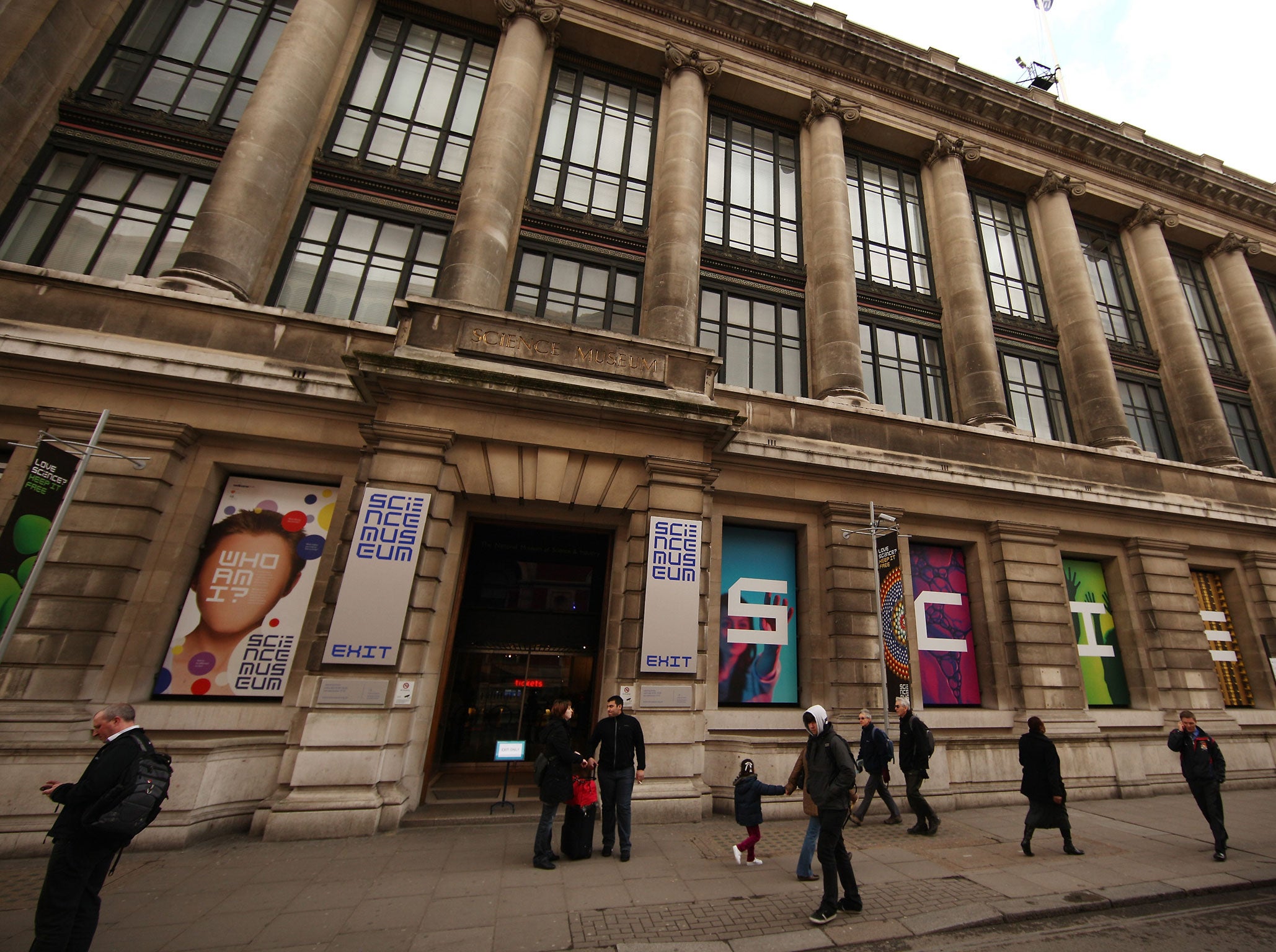Science Museum faces criticism over ‘pink or blue brain’ exhibit
The interactive game claims to be able to determine whether or not a person’s brain is more male or female

The Science Museum is facing criticism over an exhibit asking visitors to take a quiz to determine if they have a blue or pink brain.
The interactive game claims to be able to determine whether or not a person’s brain is more male or female.
Neuroscientists have criticised the exhibit, saying it is based on gender stereotypes and there is no scientific consensus on if there is any difference between male and female brains, the Metro reported.
Professor Sarah-Jayne Blakemore from the University College London, who is working alongside the Science Museum and is an expert in teenage brains, said the test was “out of date”.
“I saw it recently and was pretty shocked by the misleading message, which doesn’t correspond to the scientific evidence,” she told the Guardian.
In a blog posted on their website, the Science Museum said the exhibit was designed to be “tongue in cheek and provocative”.
“As a Museum we always attempt to present ideas in different ways – labels and objects but also games, animations and ‘interactives’ – and in this case the artistic licence taken in the year 2000 to create a provocative exhibit appears outdated,” the museum said in its blog.
“Certainly from preliminary work looking at the latest scientific evidence, the ideas presented are now in question.”
Join our commenting forum
Join thought-provoking conversations, follow other Independent readers and see their replies
Comments
Bookmark popover
Removed from bookmarks